Modern philosophy  automatic translate
automatic translate
Современная философия охватывает период с конца XIX века до наших дней и представляет собой разнообразие школ и направлений, объединённых новым подходом к осмыслению человека, бытия и познания. К основным течениям относятся феноменология, герменевтика, аналитическая философия, экзистенциализм и постмодернизм, каждое из которых предлагает собственные методы исследования реальности и сознания. Характерными чертами современной мысли стали практическая направленность на решение реальных проблем, тесная связь с наукой и идея эволюции знания.
Центральными темами выступают вопросы этики и морали, природа сознания и мышления, проблемы языка и смысла, а также отношения человека с обществом и культурой. Философы XXI века активно обращаются к новым вызовам: технологической этике, экологической ответственности, правам человека и проблемам идентичности. Современная философия стремится примирить традиционные ценности с требованиями эпохи, предлагая пути осмысления быстро меняющегося мира.
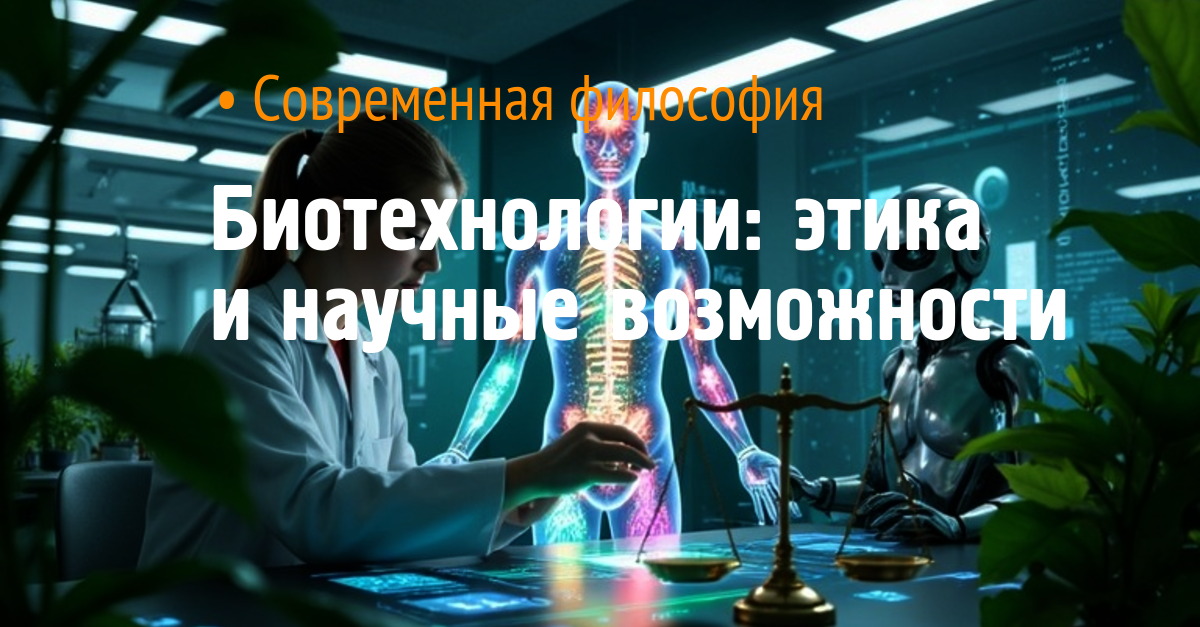
Biotechnology: Ethics and Scientific Opportunities
Biotechnology has become a symbol of modern progress, simultaneously inspiring with its possibilities and raising questions about the limits of what is acceptable.
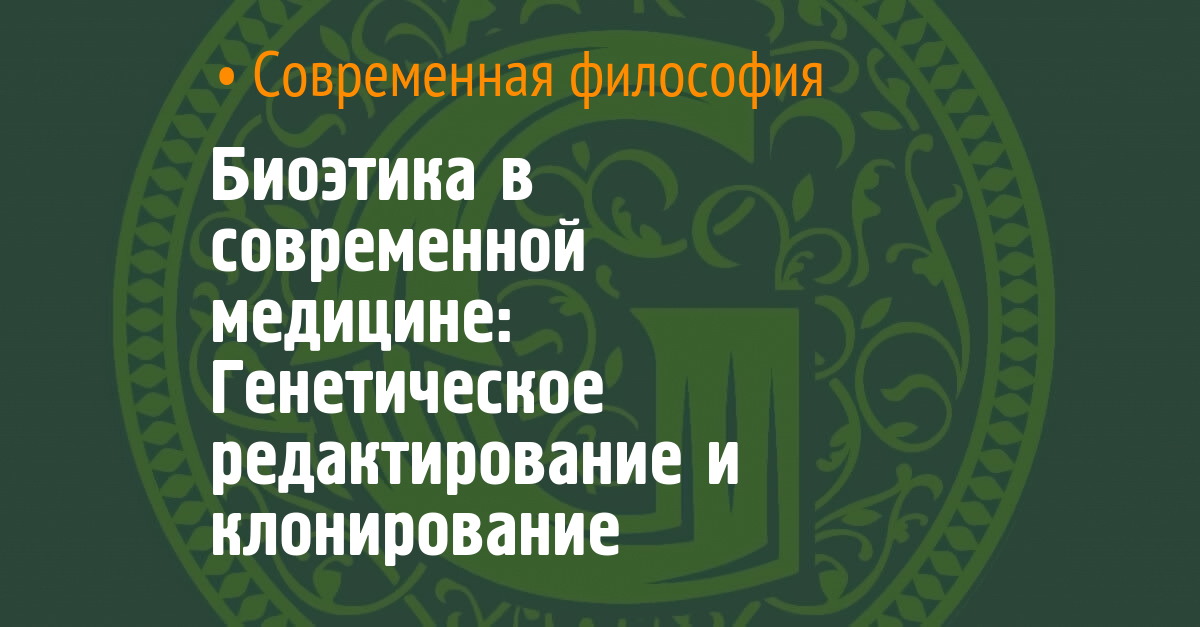
Bioethics in Modern Medicine: Genetic Editing and Cloning
Imagine a world where we can edit genes like we edit a sentence, or clone an organ to save someone’s life. Sounds like something straight out of science fiction, right?
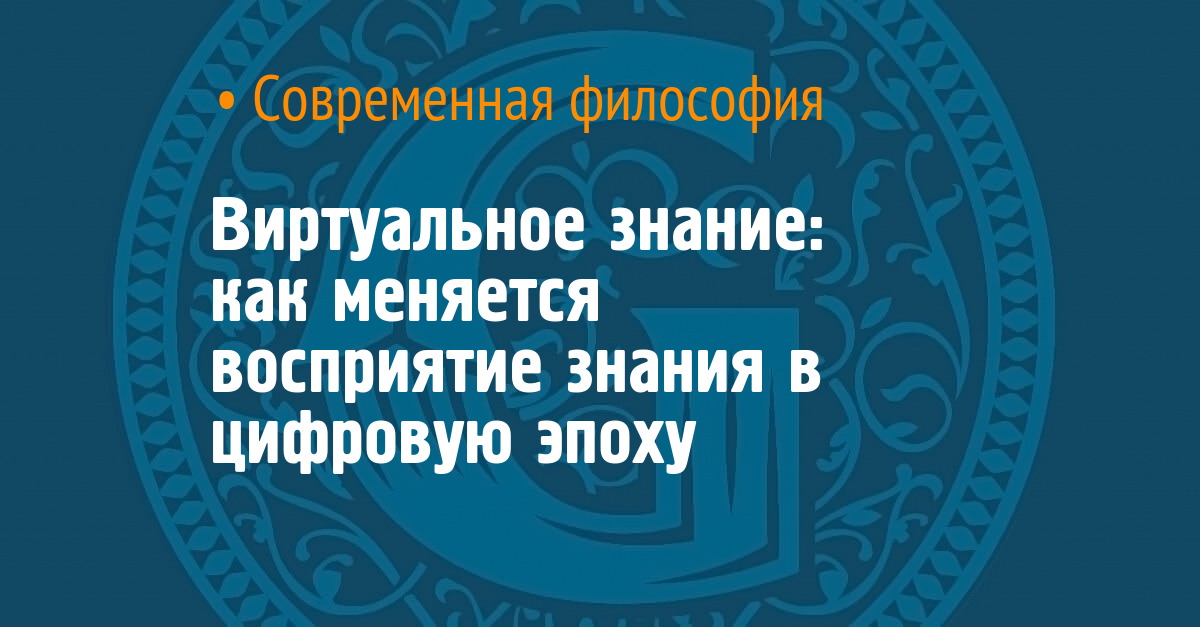
Virtual Knowledge: How the Perception of Knowledge is Changing in the Digital Age
Digital technologies have significantly changed not only our way of life, but also the very concept of knowledge. If knowledge used to be associated with books, educational institutions and experiences passed down from generation to generation, today this word takes on new connotations.

The Impact of Cognitive Biases on Modern Thinking
Cognitive biases are subtle errors in thinking that shape our perception of reality. They are especially important in an age where information is pouring in and critical thinking is giving way to cognitive habits.

The Impact of Technology on Modern Aesthetic Standards
Modern technologies play a decisive role in shaping aesthetic ideals, offering new means for self-expression, analysis and dissemination of cultural codes.

Genesis of the technical: from craft to system
Philosophical understanding of technology began not with the advent of the steam engine, but from the moment when humans first questioned the limits of their intervention in the natural order.

Limits and possibilities of knowledge and artificial intelligence
Artificial intelligence has attracted a lot of attention, claiming to be one of the key tools in our lives. However, it must be acknowledged: it does not so much “think” as it models human processes.

Integrative Theory of Consciousness: Interdisciplinary Approaches
Consciousness remains one of the most mysterious topics in modern science and philosophy. Despite centuries of effort, the nature of awareness and subjective experience remains controversial.
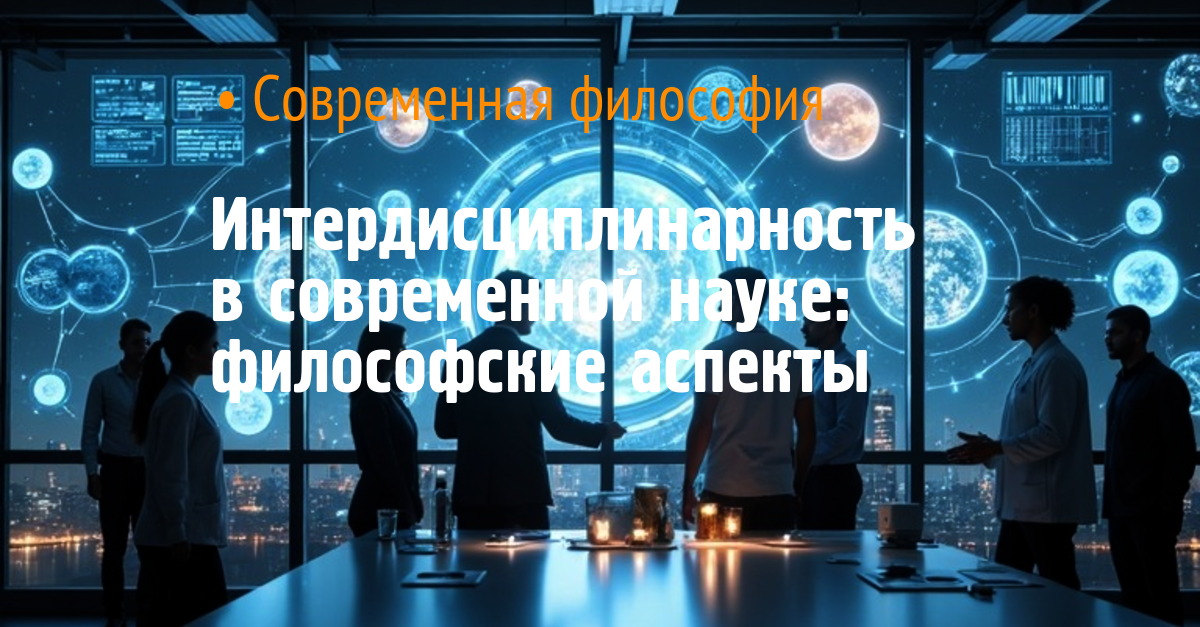
Interdisciplinarity in modern science: philosophical aspects
Modern science is becoming increasingly interdisciplinary, combining different fields of knowledge and approaches to solve complex problems.

Intuitive knowledge and its role in scientific discoveries
Science is often perceived as a sphere of precise calculations, rigorous experiments and formulas. However, if you look closely, many discoveries are based not only on logic and empirical data, but also on a more subtle mechanism – intuition.

History of scientific paradigms: from Copernicus to the present day
Science, as an intellectual system, is built on the change of paradigms that set the basis for understanding nature, man and society.
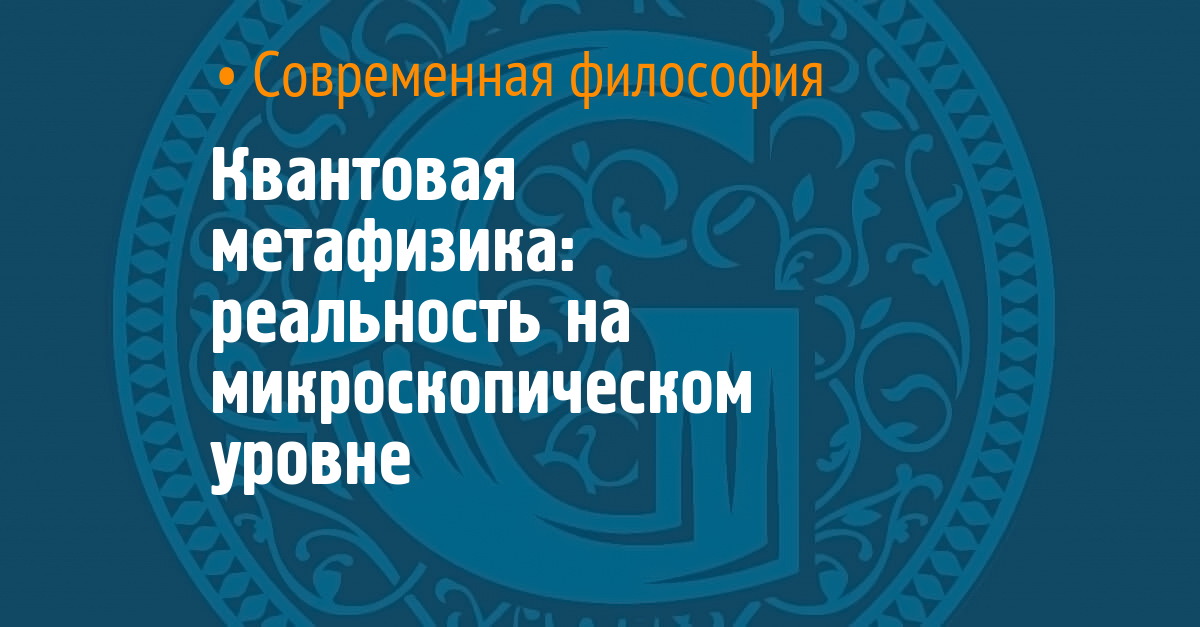
Quantum Metaphysics: Reality at the Microscopic Level
When it comes to quantum metaphysics, most people feel as if we are peering into the abyss of the unknown. The microscopic world hidden from the human eye turns out to be surprisingly complex, and its laws often contradict common sense.

Cognitive Neuroscience and Theory of Consciousness: Key Aspects
Cognitive neuroscience and the theory of consciousness are two fields that seek to unravel one of humanity’s most complex mysteries: what does it mean to be conscious?
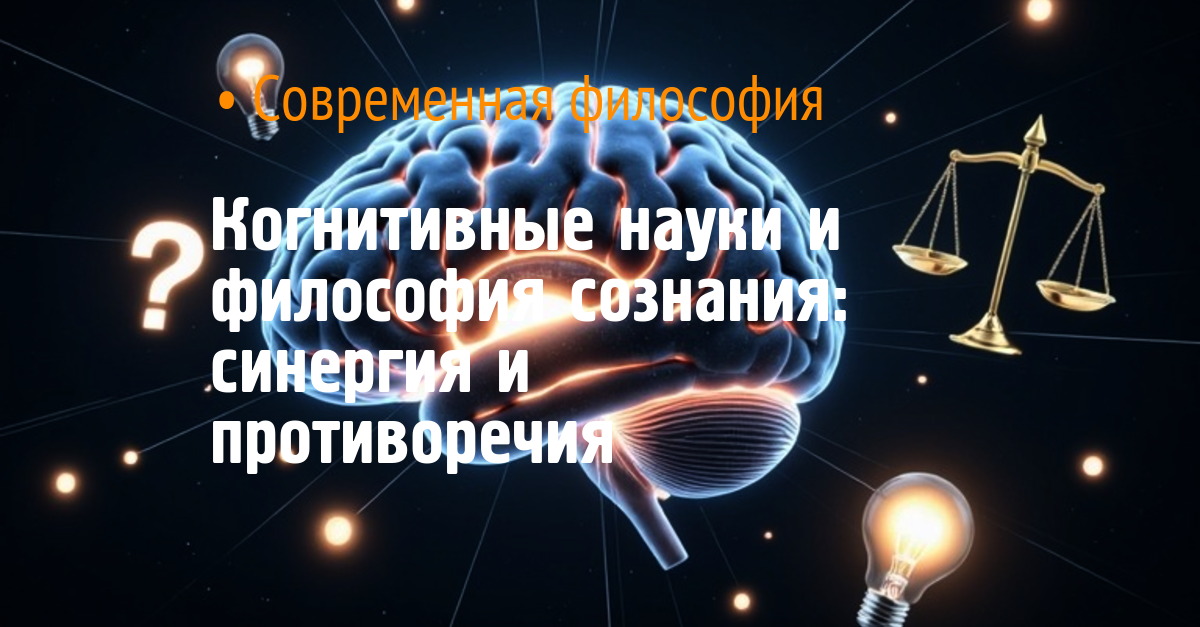
Cognitive sciences and philosophy of mind: synergies and contradictions
Cognitive science and philosophy of mind represent two overlapping, but sometimes opposing, approaches to the study of the mind.
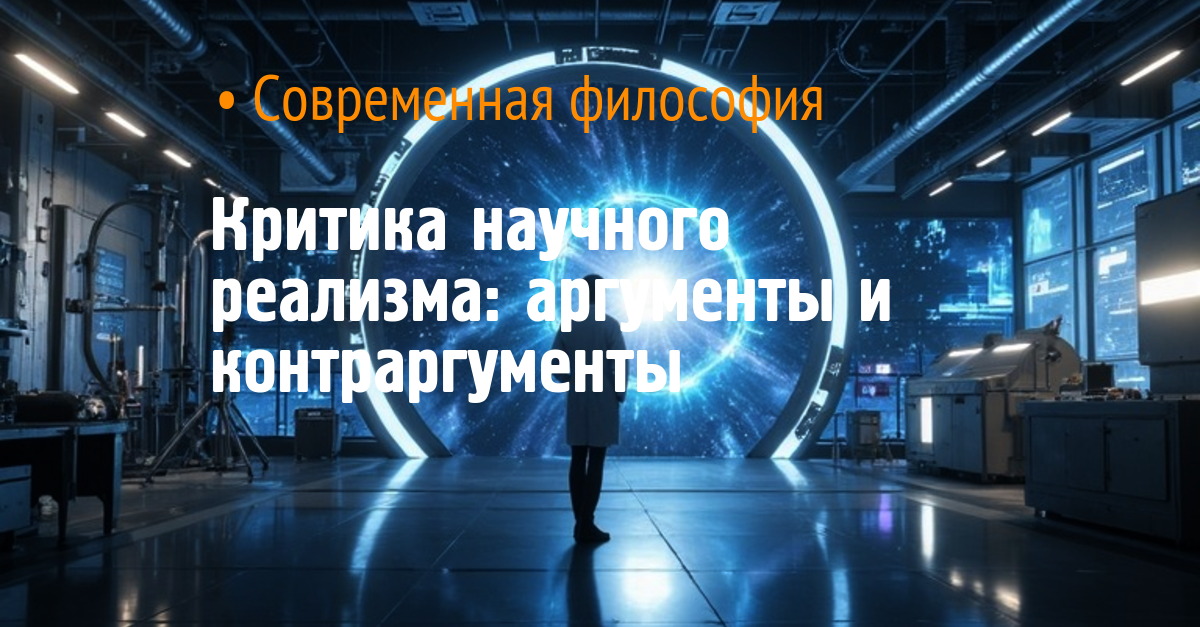
Critique of Scientific Realism: Arguments and Counterarguments
Scientific realism is one of the key concepts in the philosophy of science. This position holds that scientific theories describe the world as it is, and are not just tools for prediction.
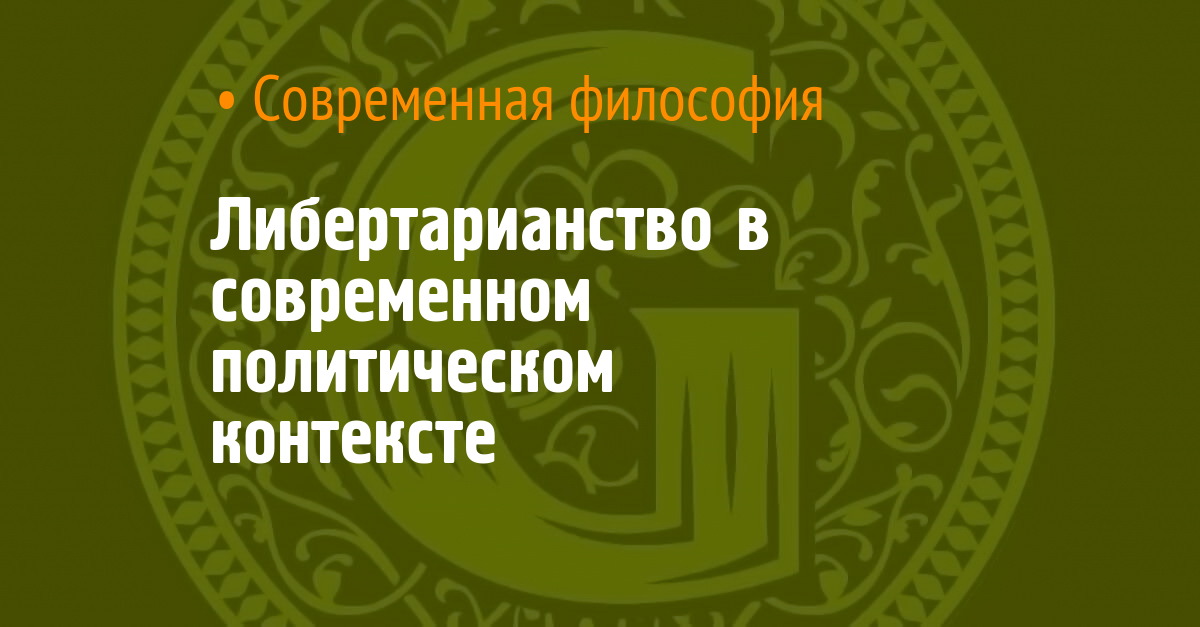
Libertarianism in the Contemporary Political Context
Libertarianism, as a political and philosophical concept, continues to be hotly debated. Its proponents argue that minimizing government intervention and protecting individual freedom is the key to prosperity.
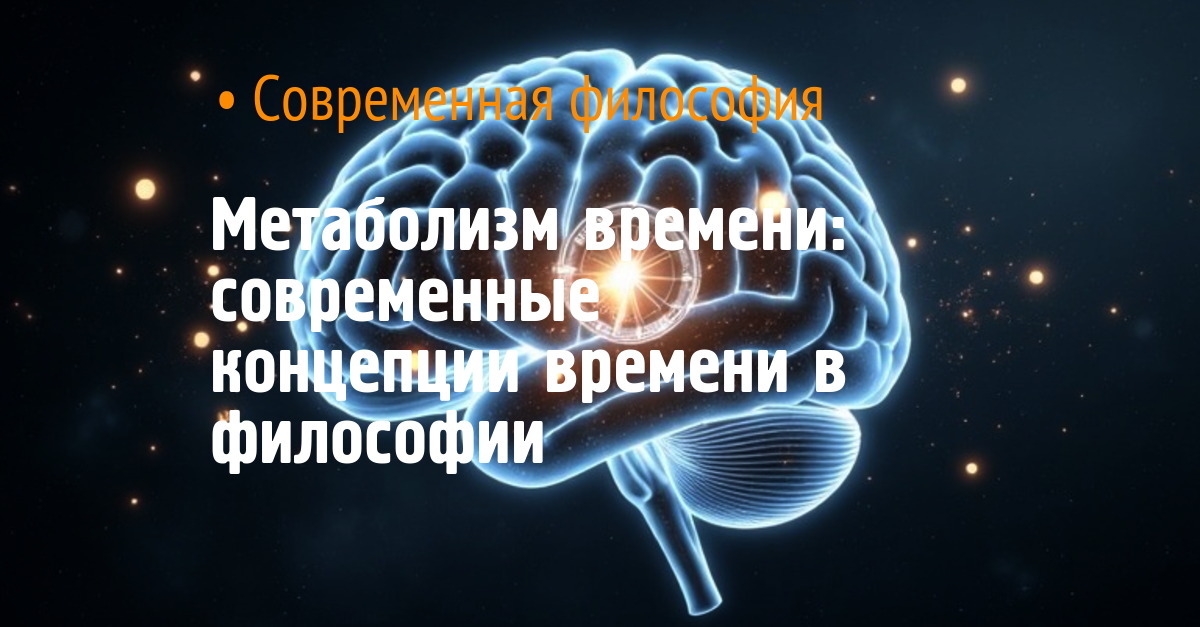
Metabolism of Time: Contemporary Concepts of Time in Philosophy
Time. It is constantly present in our lives, but it slips away when we try to define its nature. We feel its flow, measure it with millisecond precision, but its essence remains a mystery.

The Metaphysics of Identity: Personality and Change through Time
The idea of identity seems simple at first glance – it is the understanding that we remain ourselves despite change. However, behind this lies a complex question: how is it possible to maintain the continuity of personality in the face of constant change?
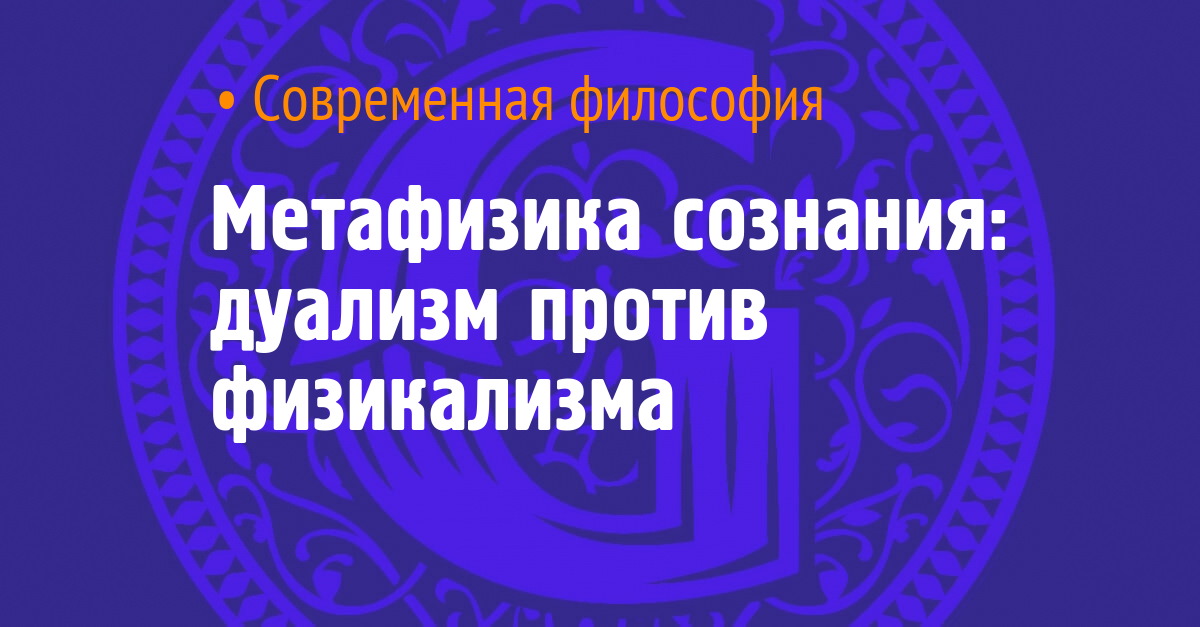
Metaphysics of Consciousness: Dualism versus Physicalism
Consciousness is one of the most mysterious aspects of human existence. The question of its nature has puzzled philosophers, scientists, and theologians for centuries. What makes us conscious beings?
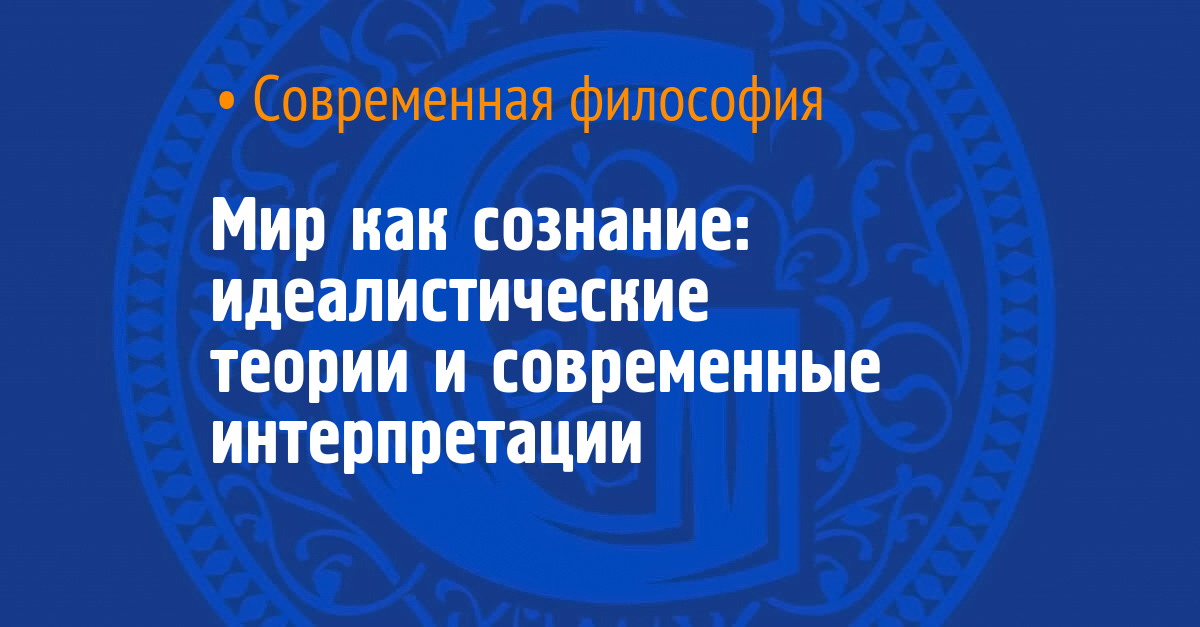
The World as Consciousness: Idealistic Theories and Modern Interpretations
Idealistic theories that claim that reality is a product of consciousness have always been at the intersection of philosophy, religion, and science.

Moral Aspects of Consumer Society
You know what it’s like — you scroll through your phone, and suddenly, your finger’s hovering over the ‘buy now’ button. A new gadget, a stylish jacket, maybe even the latest trending sneaker.
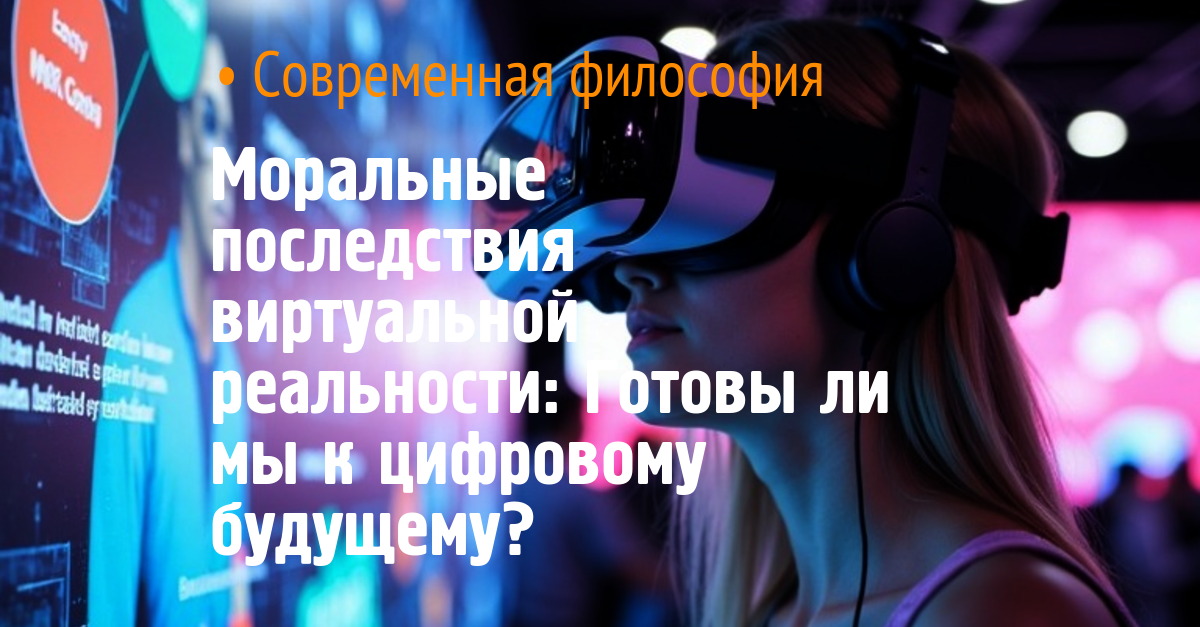
The Moral Consequences of Virtual Reality: Are We Ready for the Digital Future?
The rise of virtual reality (VR) has been nothing short of revolutionary. Whether it’s gaming, medicine, education, or entertainment, VR is no longer just a niche technology. It’s fast becoming a part of our everyday lives.
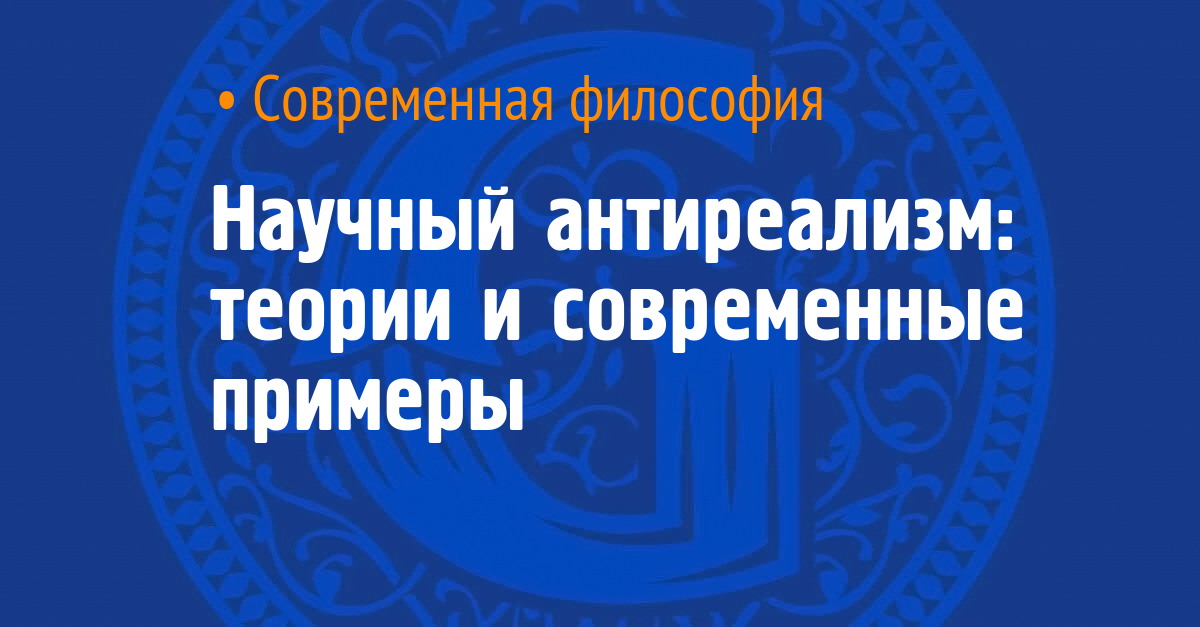
Scientific Antirealism: Theories and Contemporary Examples
Scientific antirealism occupies a special place in the philosophy of science, challenging the idea that scientific theories reflect objective reality.

What are we talking about when we mention cyberethics?
Cyberethics is the intersection of technology, morality, and law, with each aspect affecting how we protect data, privacy, and digital assets.
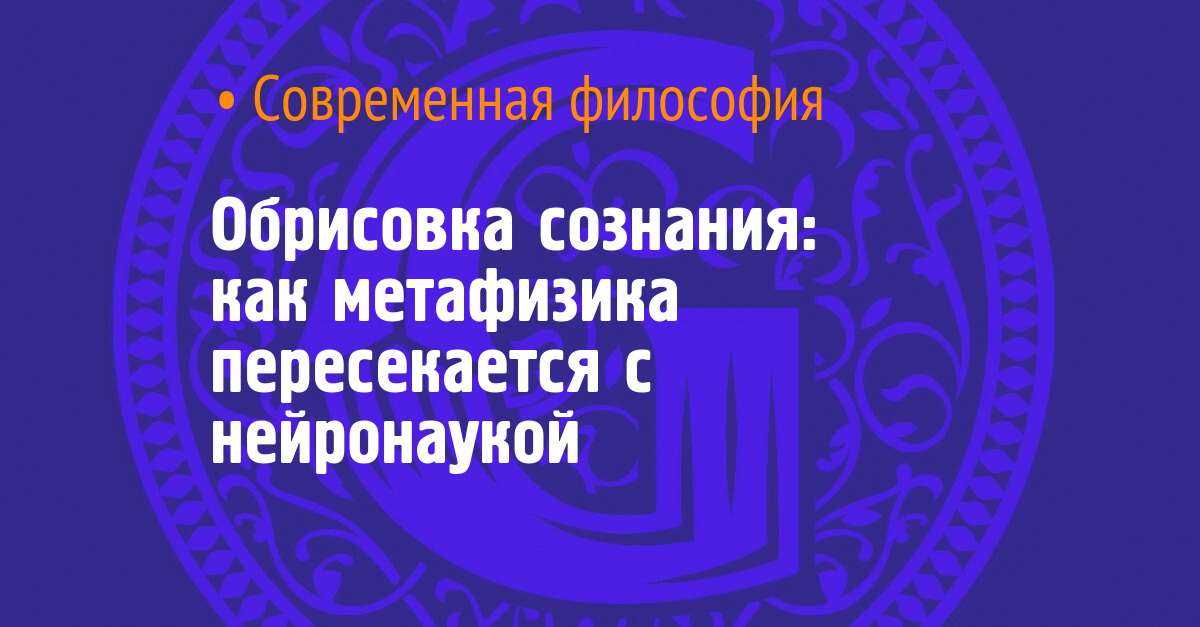
Outlining Consciousness: How Metaphysics Intersects Neuroscience
Consciousness, so ephemeral and yet so elusively concrete, remains one of the most challenging topics to study.
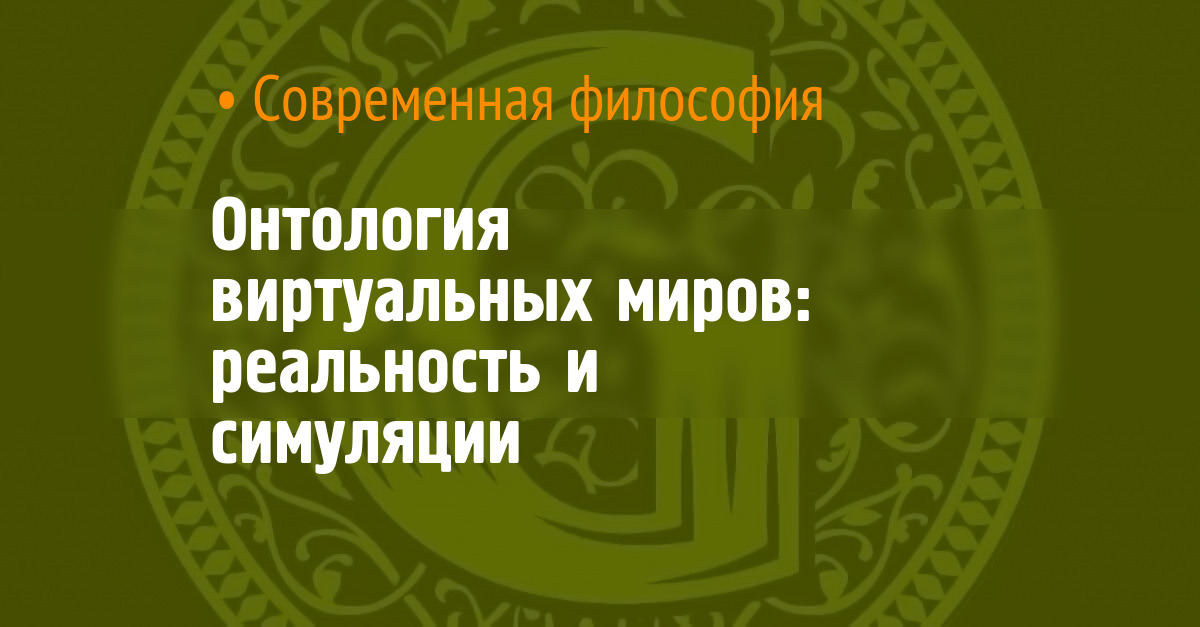
Ontology of virtual worlds: reality and simulations
Virtual worlds have become part of everyday reality, where the line between the material and the digital is becoming increasingly blurred. How can we understand their nature and meaning?

Political Philosophy of Artificial Intelligence: Regulation and Rights
Artificial intelligence (AI) has become an integral part of modern society, influencing the economy, politics, and even personal decisions. However, its development poses complex questions for humanity about rights, responsibilities, and control.

The concept of existential metaphysics
Existential metaphysics is a field of philosophy that explores fundamental questions of existence, meaning, and human freedom. The discipline often goes beyond traditional metaphysics to focus on the subjective perception of reality.

Posthumanist Epistemology: Knowledge in the Age of Technology
Posthumanist epistemology is a new branch of philosophy, a fundamental revision of how we understand the nature of knowledge. While classical epistemology focused on the human mind as the main source and arbiter of knowledge, posthumanism offers a different approach, where humans cease to be the center of the world.

Postcolonial Political Philosophy: Legacy and Prospects
Postcolonial philosophy has become a powerful intellectual movement that reflects on the consequences of colonialism and proposes alternative paths for societies to develop.

Post-metaphysical approach: critique of traditional metaphysics
Contemporary philosophy often rethinks its foundations, trying to go beyond established dogmas.

Modern views on free will and determinism
The question of free will and determinism has been at the center of philosophical, scientific, and religious debate for centuries. Today, it remains one of the most pressing and complex topics, as it touches on the foundations of human self-understanding. How do we make decisions?

Contemporary Concepts of Beauty: A Philosophical Analysis
Beauty is one of the most multifaceted and mysterious concepts, which has been the subject of debate in philosophy, art and culture for centuries.

Consciousness and Quantum Physics: Philosophical Perspectives
Quantum physics and consciousness are two enigmatic fields, each raising many questions.

Doubt and Faith in the Post-Truth Era
In today’s world, where information is transformed into a tool of persuasion and facts are often subordinated to emotional or ideological interests, understanding such concepts as doubt and faith is vital.

Social Ethics and Justice in the Age of Globalization
The issue of social justice has become one of the central issues in the era of globalization. Every day, millions of people face situations that make them think about what it means to be part of a larger world where culture, economics, and politics intersect.
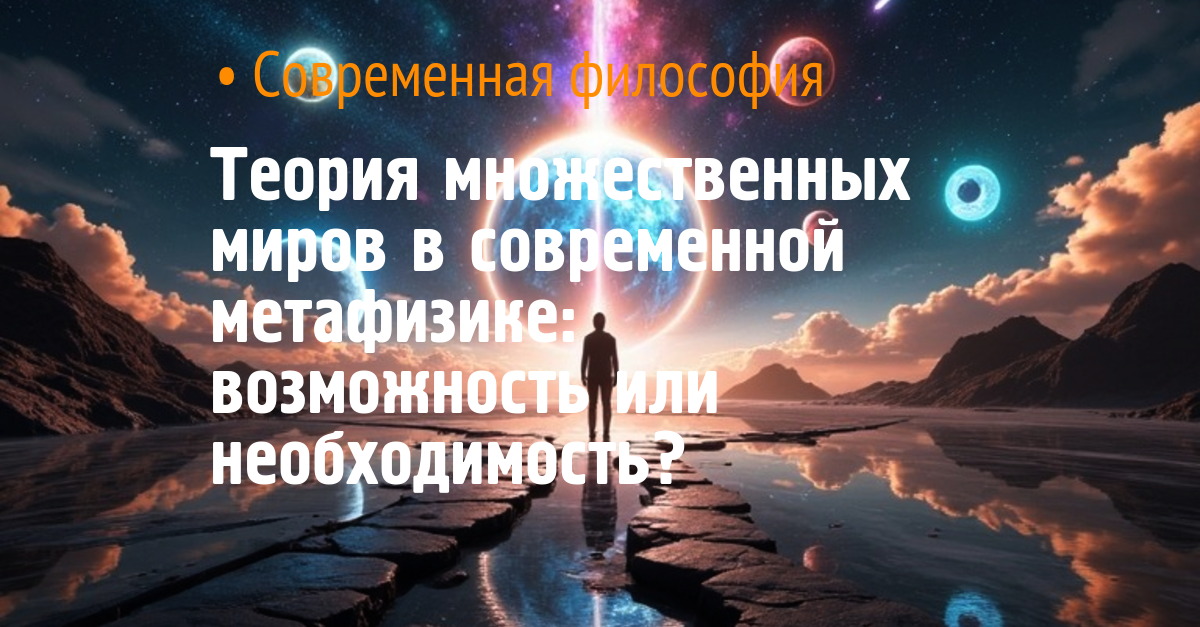
Multiple Worlds Theory in Modern Metaphysics: Possibility or Necessity?
Modern metaphysics continues to amaze us with its ability to offer hypotheses that arouse both curiosity and skepticism.

Transhumanism and the Philosophy of Consciousness: The Future of Human Experience
Transhumanism, as a philosophical and cultural movement, redefines the limits of human capabilities.

Utopian and dystopian views on the future of society
Visions of the future of society often end up in either a world of boundless progress or in dark scenarios of destruction. Utopia and dystopia are two poles that reflect human hopes and fears.

Feminist Political Philosophy: Concepts
Feminist political philosophy occupies a unique place in contemporary intellectual discourse, seeking to rethink traditional notions of power, justice, and equality.
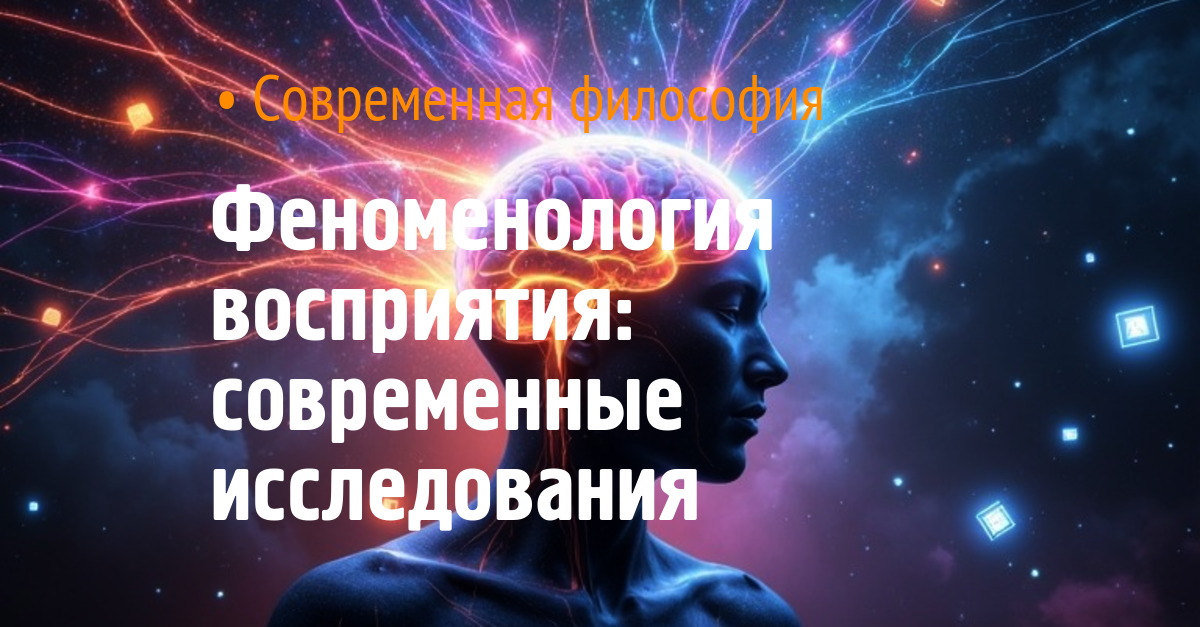
Phenomenology of Perception: Contemporary Research
The phenomenology of perception, as a field of philosophy and scientific study, seeks to explain how people experience and interpret the world around them.

Phenomenology of knowledge: modern interpretations
Phenomenology, as an approach to the study of human experience, has had a profound impact on philosophy, sociology, psychology, and other disciplines.

Business Philosophy: Ethics and Corporate Responsibility
Modern business philosophy is a synthesis of moral principles, management strategies, and social obligations. Its core is formed by the concepts of business ethics and corporate responsibility, which have moved from theoretical discussions to practical tools of global management.

Philosophy of Global Justice: Distribution of Resources
The distribution of resources goes beyond economic calculations and becomes the basis of philosophical debates.
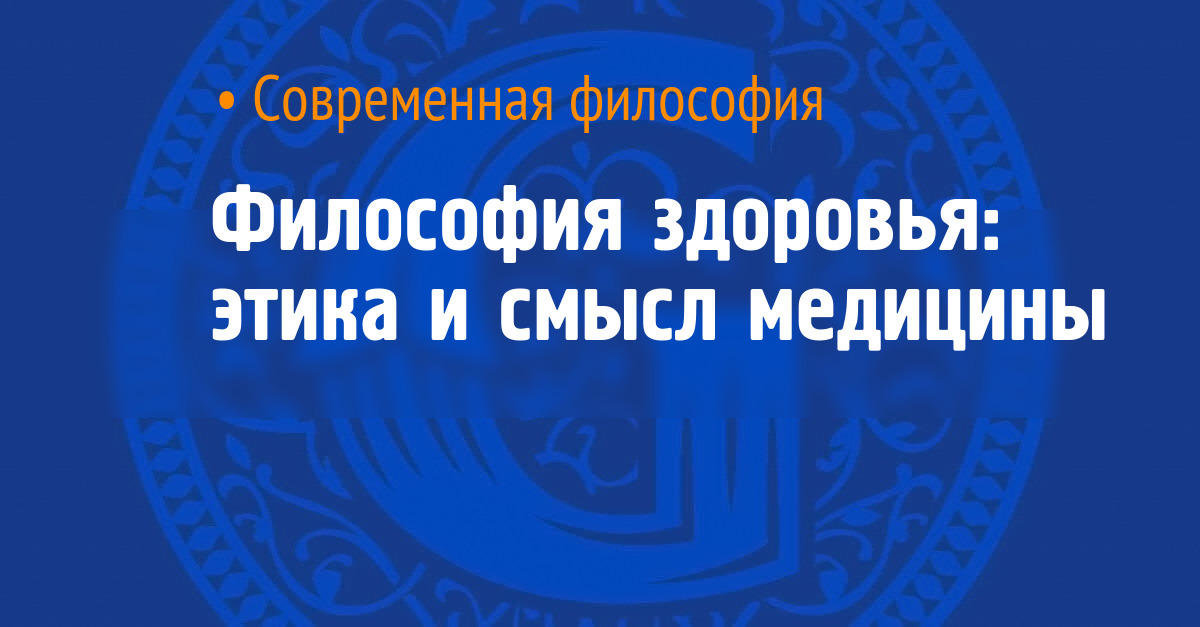
Philosophy of Health: Ethics and the Meaning of Medicine
The philosophy of health is a field at the intersection of the philosophy of medicine, bioethics, and social theory, where debates arise regarding what constitutes health and illness, how medicine justifies its decisions, and what meaning people ascribe to treatment, care, and living with disabilitiesBecause these concepts are linked to resource allocation, patient rights, and the boundaries of "normal," debates here quickly become practical rather than academic.
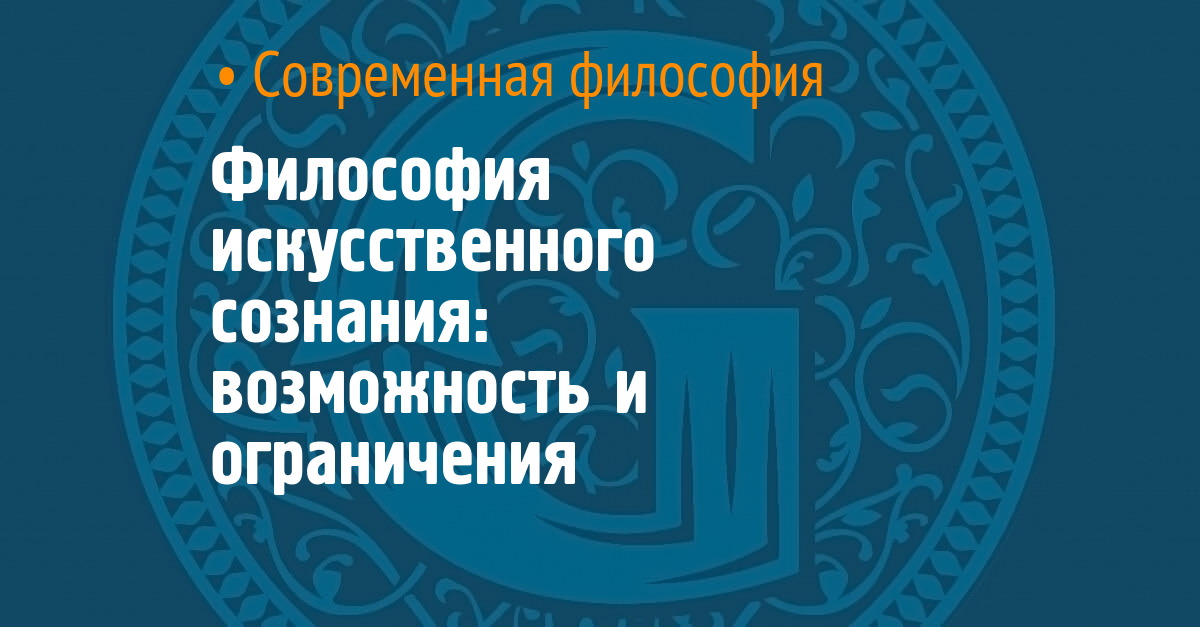
Philosophy of Artificial Consciousness: Possibility and Limitations
Artificial consciousness is a concept that, despite its futuristic sound, is increasingly being discussed in the context of philosophy, cognitive science, and technology. How far can machines go in their ability to replicate or even surpass human consciousness?

Philosophy of Cinema: Aesthetics and Meaning
Cinema is a unique art form that combines visual, auditory and narrative elements to create a powerful medium for communicating ideas, emotions and cultural values.

Philosophy of Migration: Ethics and Politics of Human Mobility
Migration as a phenomenon has accompanied humanity since ancient times. People have moved in search of safety, resources, new opportunities, or simply out of curiosity.
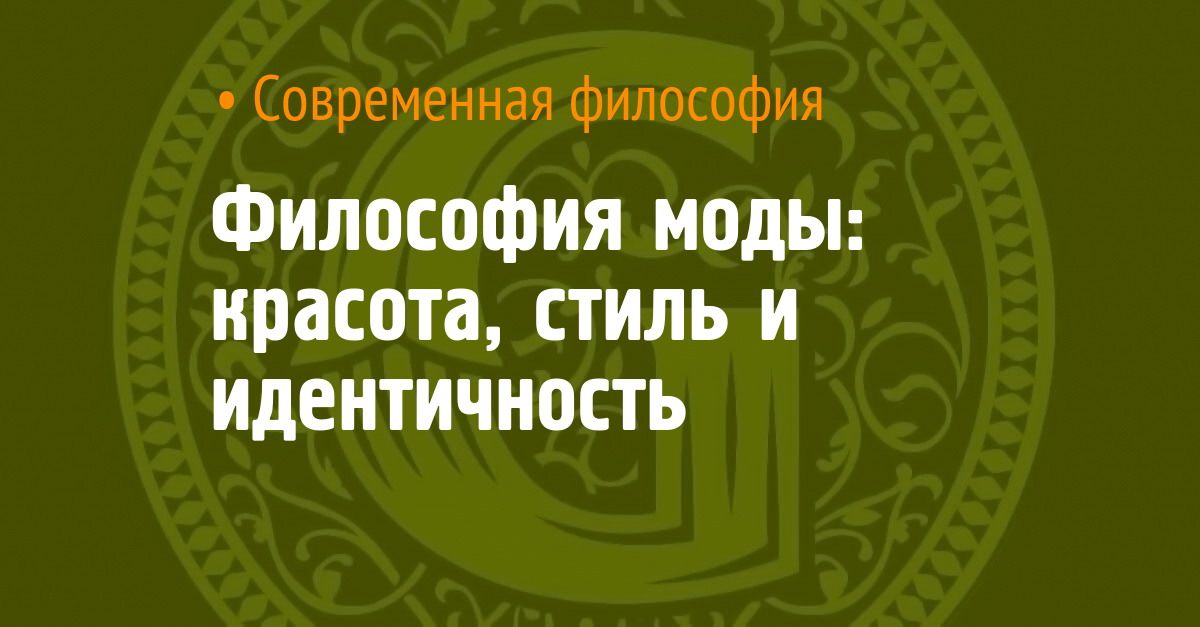
Fashion Philosophy: Beauty, Style and Identity
The philosophy of fashion is a field of philosophical knowledge that studies the relationship between fashion, modernity, and human self-awareness.

Philosophy of Music: Perception and Emotions
Philosophy of music, which studies perception and emotion, is a cross-disciplinary field of study. It examines how people perceive music and the causes of emotional responses.

Philosophy of Science in the Age of Big Data
The era of big data has radically transformed the scientific process. The volumes of information that modern researchers encounter and the methods for analyzing it have fundamentally changed not only science but also the philosophy that underlies it.

Philosophy of Science and Artificial Intelligence: Cooperation or Competition?
At the intersection of the philosophy of science and artificial intelligence (AI) lies one of the most pressing topics of our time. These two fields of knowledge, although developing in parallel, increasingly collide and interact.
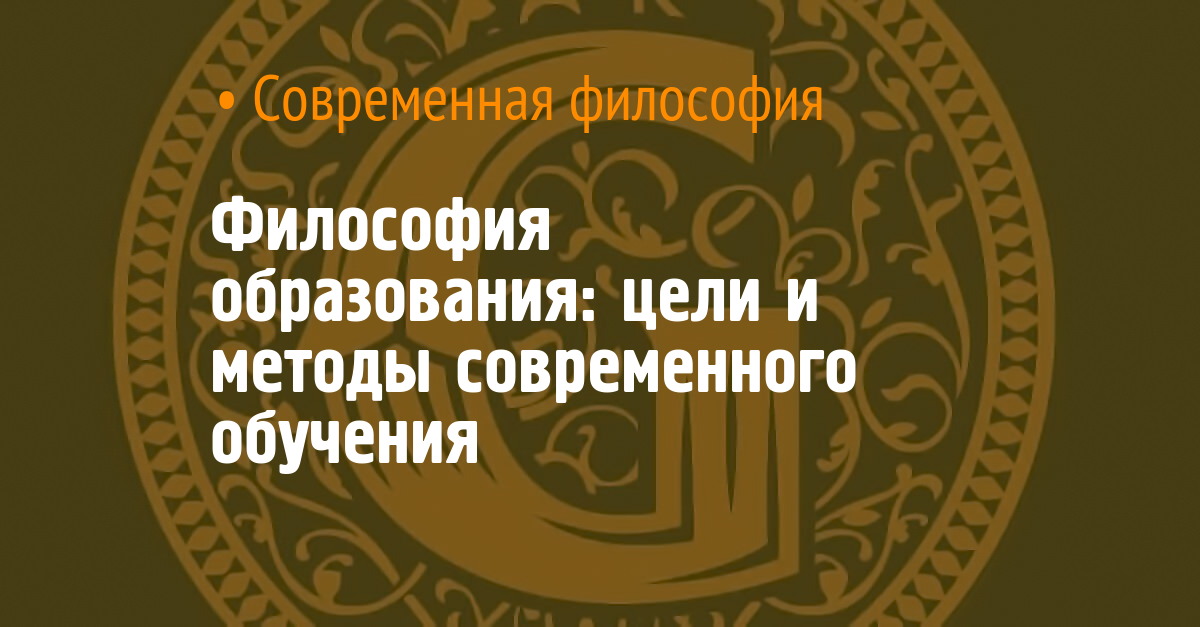
Philosophy of education: goals and methods of modern education
Philosophy of education is a philosophical understanding of the nature, goals and problems of education. This area of knowledge occupies a special place at the intersection of philosophy and pedagogical practice, working with both fundamental philosophical questions and specific problems of the educational process.
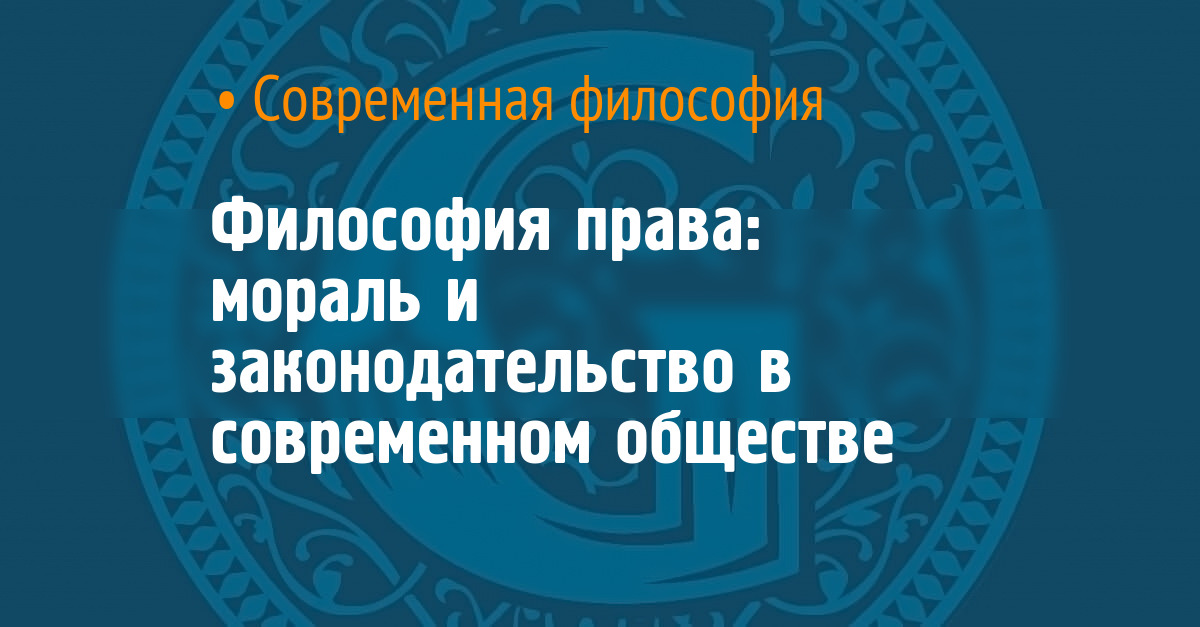
Philosophy of Law: Morality and Legislation in Modern Society
The relationship between law and morality remains one of the central problems of legal philosophyIn the modern world, this issue is particularly relevant due to the need to understand the role of ethical principles in legal regulation, to determine the boundaries of legislative intervention in the sphere of morality, and to find a balance between legal and moral requirements.
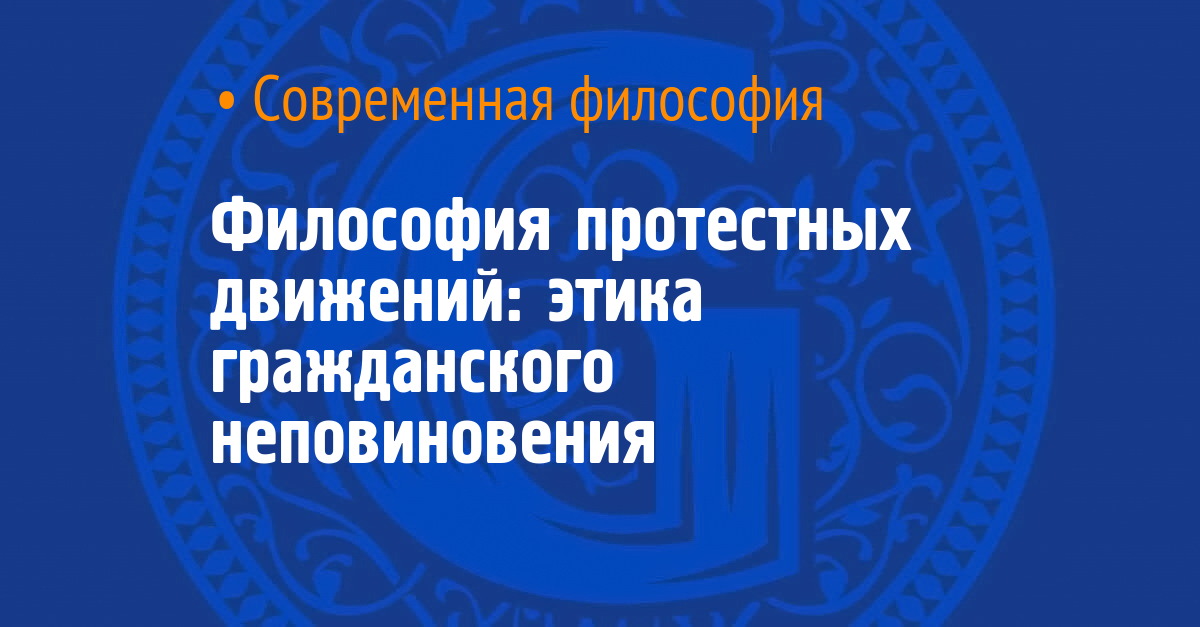
Philosophy of Protest Movements: The Ethics of Civil Disobedience
Protest movements have been a way of expressing disagreement with injustice for centuries. Civil disobedience is a refusal to obey the law, a profound ethical act aimed at transforming society.

Philosophy of Dreams: Meaning and Interpretation in Modern Thinking
Dreams have always fascinated philosophers, scientists, and artists. They remain one of the most mysterious areas of human experience, hovering between reality and fiction.

Philosophy of experimental science: methods and philosophical foundations
Experimental science occupies a central place in modern scientific knowledge, offering methods that allow us to investigate complex phenomena, confirm hypotheses, and formulate theories.
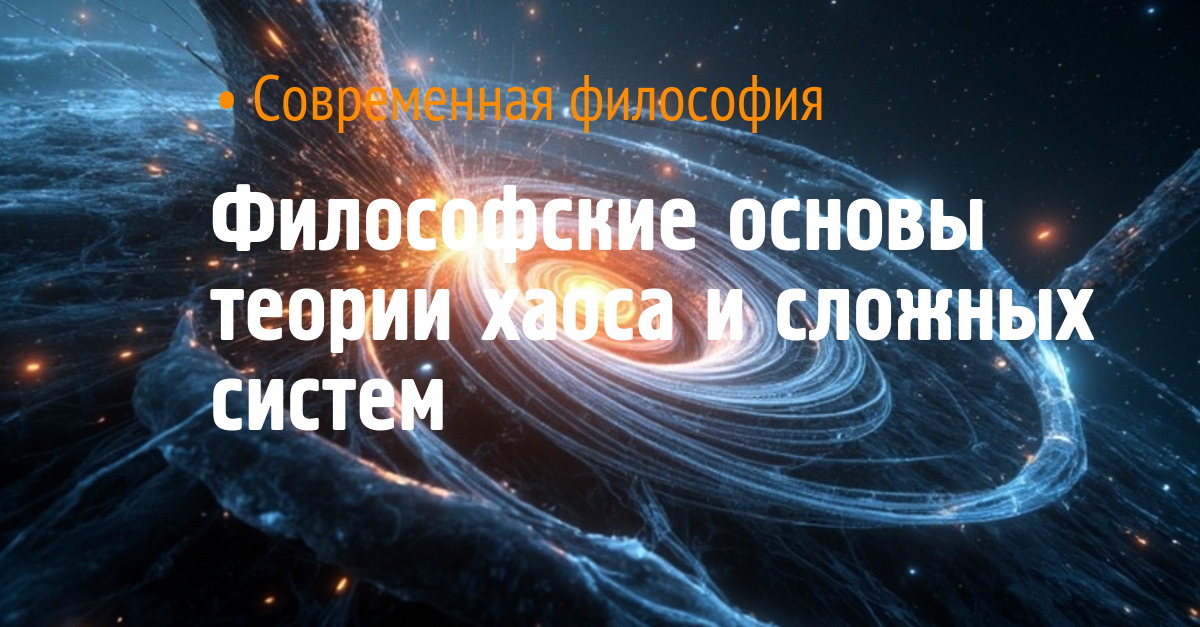
Philosophical foundations of chaos theory and complex systems
Modern science, exploring chaos and complex systems, faces fundamental questions about the nature of order and disorder.

Digital Ethics: Privacy and Rights on the Internet
We spend hours every day online, scrolling through social media, shopping, reading the news, or even working.

Digital Governance: Philosophy and Ethics of Online Democracies
Governance issues in the digital environment are becoming increasingly important. As technologies advance and penetrate every sphere of life, there is a need to think about new forms of democracy based on digital platforms.
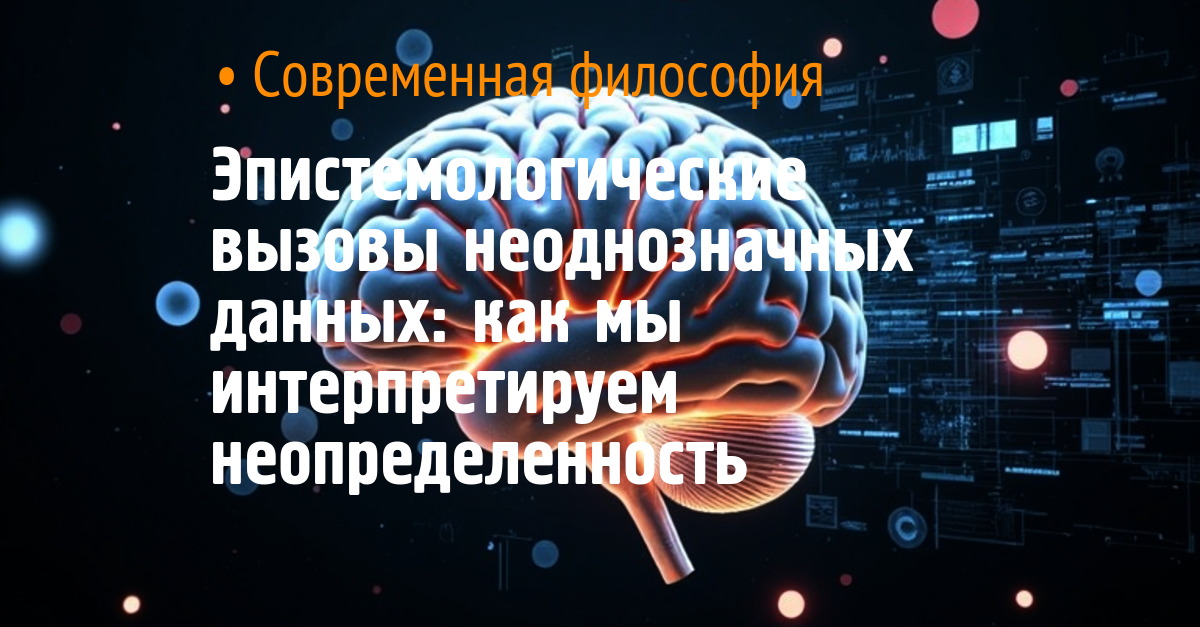
Epistemological Challenges of Ambiguous Data: How We Interpret Uncertainty
When information becomes uncertain or contradictory, our perception of truth is tested. What data do we consider reliable? What conclusions are we willing to accept based on an incomplete picture?

Epistemological Foundations of the Scientific Method in the Digital Age
The scientific method is the foundation of human progress in knowledge. But with the advent of the digital age, its philosophical roots face new challenges. How are our approaches to verifying knowledge changing, and what does this mean for the future of science?

Epistemology of Trust in the Information Society
When information becomes available in unlimited quantities, a contradiction arises: the more data we receive, the less time and resources we have to verify it.
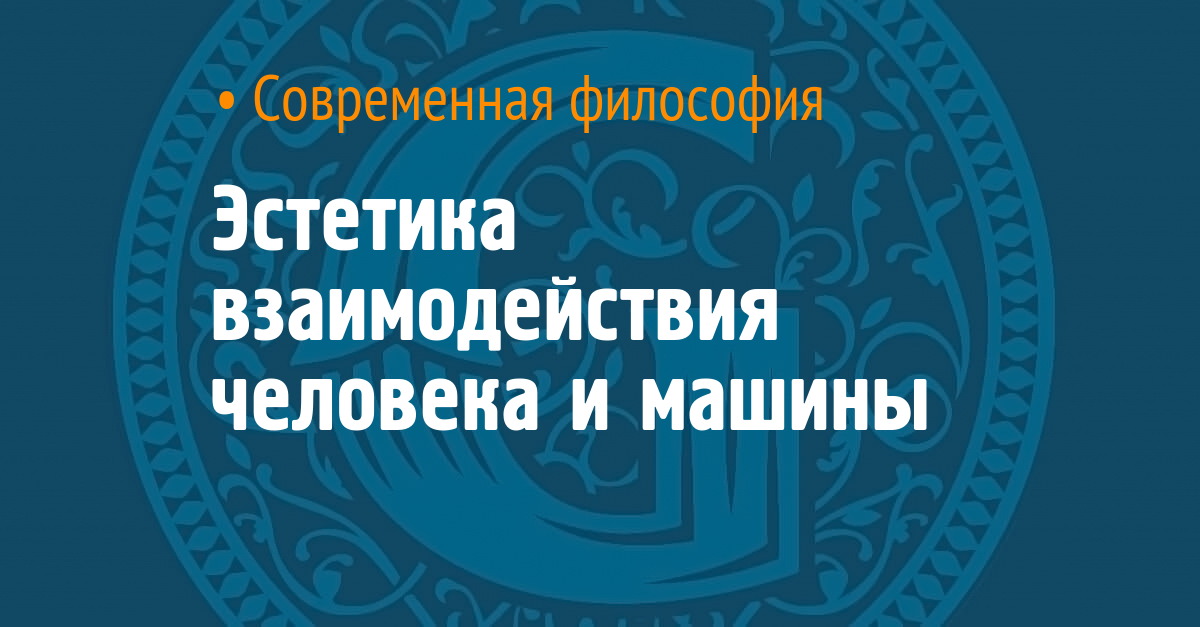
Aesthetics of Human-Machine Interaction
The aesthetics of human-machine interaction is the study of the visual, emotional and functional aspects of contact between humans and technical devices.

Aesthetics of urban design: synthesis of harmony and functionality
Urban design is the art of creating spaces where visual expression meets practicality. Its goal is to create environments that are not only pleasing to the eye, but also meet the needs of residents, promoting comfort, safety, and social activity.

Performance Aesthetics: The Boundaries of Art and Reality in the 1970s
Performance as a special form of artistic expression significantly expanded the ideas about the boundaries between art and reality, becoming one of the most influential phenomena in artistic practice of the 1970s.
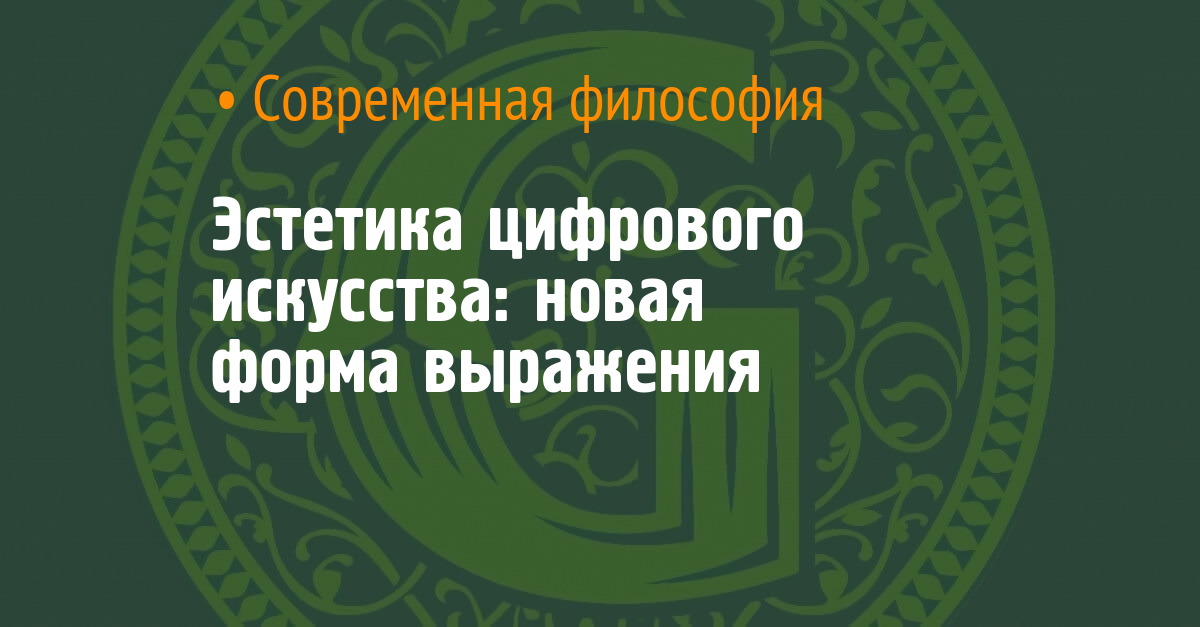
Aesthetics of Digital Art: A New Form of Expression
Digital art has become one of the key phenomena of our time, opening up unprecedented opportunities for creative expression.

Aesthetic aspects of virtual and augmented reality
Modern technologies of virtual (VR) and augmented reality (AR) rethink traditional ideas about artistic expression, creating fundamentally new forms of interaction between the creator, the work and the viewer.

Ethics and philosophy of consciousness in neuroethics
Neuroethics, as an interdisciplinary field, combines brain research with deep philosophical reflections on consciousness and its moral aspects.

Ethics of Artificial Intelligence: Moral Dilemmas and Solutions
When we think about Artificial Intelligence (AI), we tend to imagine a sleek, futuristic world where robots work alongside humans, making life easier.
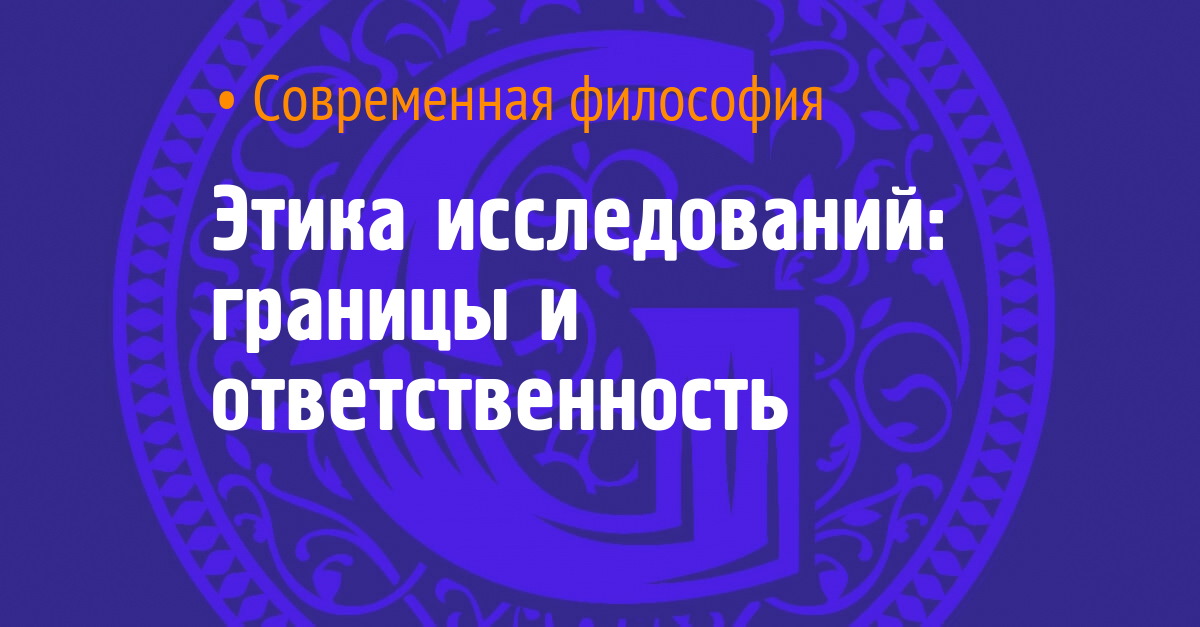
Research Ethics: Limits and Responsibilities
Research ethics is a complex and multifaceted field that affects not only scientists and professionals but also society as a whole.

Ethics of robotics: autonomous systems and their moral duties
When you hear the word “robot” what is the first thing that comes to mind? For some people it’s old movies with shiny metal people, for others it’s an ordinary vacuum cleaner that buzzes around the apartment.

Ethics of Sustainable Development and Responsible Business: Navigating the Complexities of Growth and Responsibility
Sustainability. It’s a buzzword that’s impossible to ignore these days. Whether it’s in the news, in boardroom discussions, or even at your local coffee shop, everyone seems to be talking about it.

Ethical aspects of genetic engineering: where science meets morality
Genetic engineering is not just a science that aims to improve human health or solve global problems. It also raises questions about human nature, freedom of choice, and responsibility.

Ethical aspects of global governance and international organizations
Global governance has become a necessity in the context of growing interdependence of states. International organizations such as the UN, the World Bank or the WTO play a key role in coordinating efforts to address global challenges.